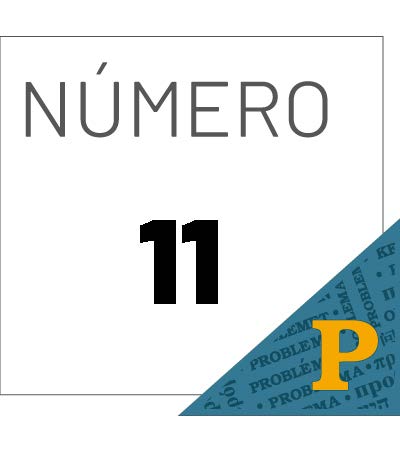Constitutional Interpretation, Intelligent Fidelity, and (im)Perfection: on James E. Fleming’s Fidelity to our Imperfect Constitution
Contenido principal del artículo
Resumen
In this Article, I assess James E. Fleming’s Fidelity to Our Imperfect Constitution. For Moral Readings and Against Originalisms. For that purpose: in Part II, I reexamine Ronald Dworkin’s “moral reading”; in Part III, I reevaluate Fleming’s argument both “for moral readings and against originalisms”, which can be characterized as “fidelity to our imperfect constitution”; in part IV, I explicit three very helpful dichotomies to distinguish between moral readings, originalisms and legal pragmatism aka living constitutionalism: (1) fidelity and anti-fidelity; (2) interpretation and non-interpretation aka (re)construction, (re)invention and (judicial) legislation; and (3) perfectionimperfection. Additionally, I reintroduce Lon L. Fuller’s distinction between “intelligent and unintelligent fidelity”, to point out the kind of fidelity that moral readers and everyone else must adopt: an intelligent fidelity; and, finally, I present my general conclusion.
Detalles del artículo
Uso de licencias Creative Commons (CC)
Todos los textos publicados por Problema. Anuario de Filosofía y Teoría del Derecho sin excepción, se distribuyen amparados bajo la licencia CC-BY-NC-ND 4.0 Internacional; que permite a terceros utilizar lo publicado, siempre que mencionen la autoría del trabajo y a la primera publicación en este Anuario.
Accesibilidad a los artículos y demás publicaciones de manera total o parcial bajo el concepto de copia, distribución, comunicación pública, acceso interactivo (por internet u otros medios), manteniendo de manera explícita el reconocimiento al autor o autores y a la propia revista (reconocimiento de autoría).
Advertencia de que si se remezcla, modifican los artículos o se emplean fragmentos en otras creaciones, no se puede distribuir el material modificado, ni tampoco se permite reconstruir versiones a partir de los artículos originales publicados (obras derivadas).
Se prohíbe el uso de contenidos de los artículos publicados, total o parcialmente, con fines lucrativos (reconocimiento no comercial).
Consúltese https://creativecommons.org/licenses/by-nc-nd/4.0/





















